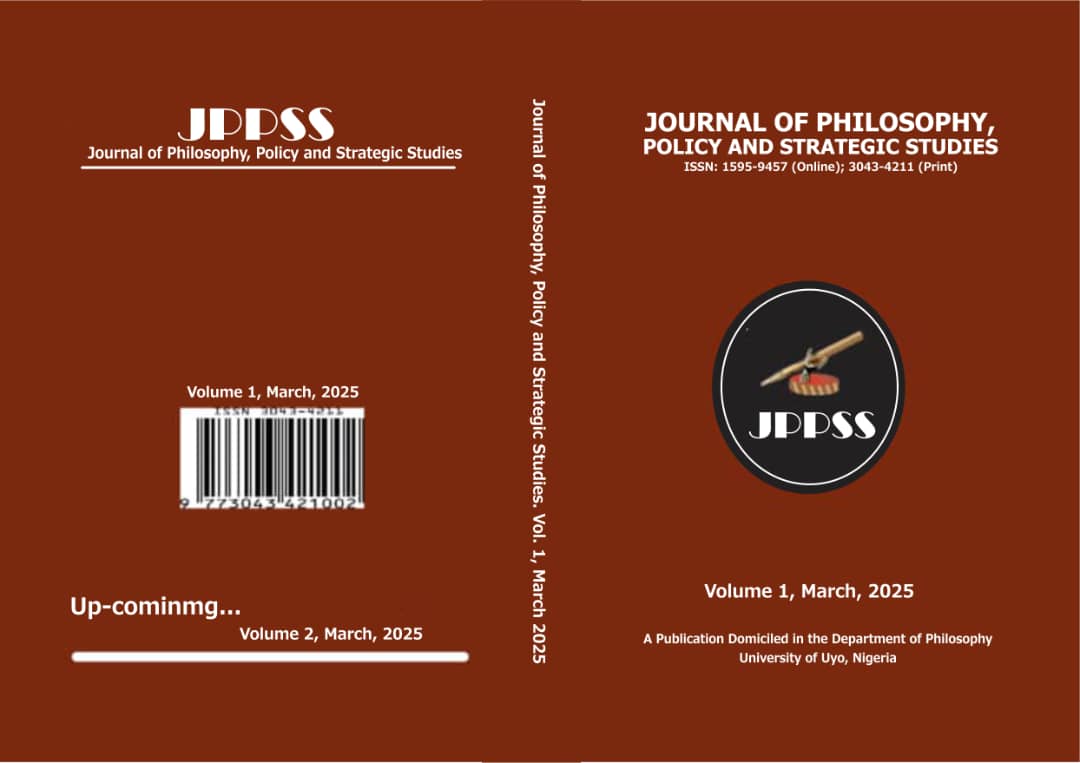NONVERBAL CODES AND FILMIC PORTRAYAL OF AFRICAN CONCEPTION OF CULTURAL TABOOS IN AKPAN EKWONG
By
Ahirika, Osondu Godswill
Department of Performing Arts
Akwa Ibom StateUniversity, Nigeria
Abstract
This study was undertaken to ascertain how non-verbal codes are deployed to enforce cultural taboos in African societies. Propounding taboos was a strategy by African societies to assist them maintain, peace, security and social order in running their communities. Using qualitative method, based on Kewsi Wiredu’s theory of “Ethical Consensus”, this study examines the use of nonverbal codes in Akpan Ekwong to enunciate taboos in the traditional African context. There is an indication that nonverbal codes are the filmic codes to enunciate cultural practices that are detestable and detrimental to the citizens and the society. Morality can be instilled through the imposition of injunctions by coding certain human practices abominable in the society. The nonverbal representations of these symbols serve as the indicators for acknowledging the creative representations of these practices. The paper concludes that signs used in communication should be purposeful, unified and didactic to persuade the society to comply with the creative purpose for which in information was coded. Nonverbal communication systems, namely use of artifacts, gestures, sign languages, symbols among others can be developed into a formal model and utilized for information dissemination and reception for effective management of the human society.


